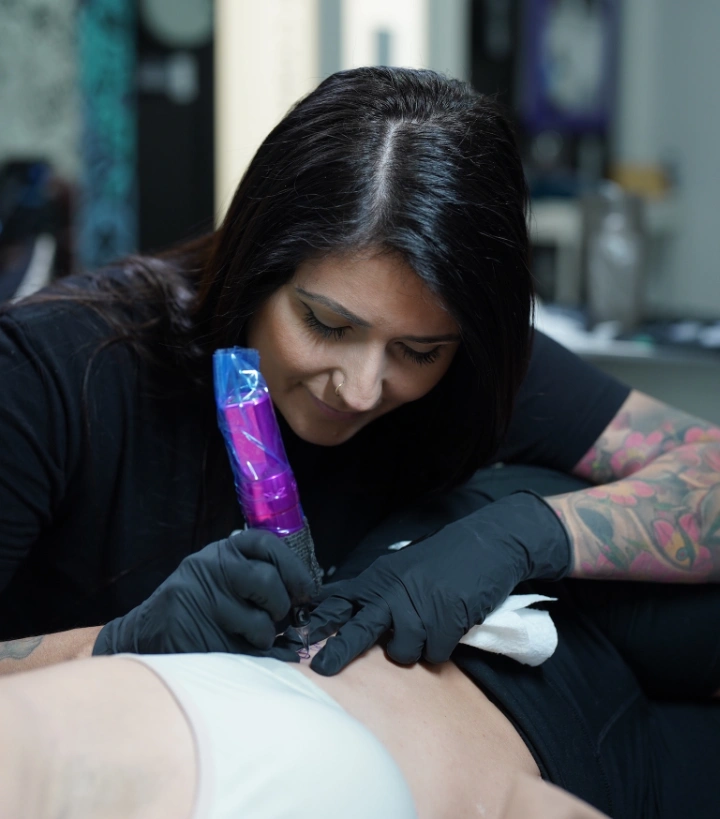How Long After a Tattoo Can You Donate Blood: Guidelines for Blood Donation in the US
Blood donors often wonder about the waiting period after getting a tattoo. In the US, you can donate blood immediately after getting a tattoo if it was done at a regulated facility using sterile needles and ink. However, if the tattoo was obtained in a non-regulated state, a three-month waiting period is required. Similar rules apply to body piercings. These precautions are in place to ensure the safety of the blood supply and prevent the transmission of diseases like hepatitis. Learn more about blood donation guidelines and eligibility after tattoos and piercings in this article.

How Long After a Tattoo Can You Donate Blood?
The eligibility of individuals with tattoos to donate blood is determined by specific criteria and waiting periods. This article outlines the guidelines for tattooed donors, including state regulations and waiting periods. It also addresses the impact of tattoos on blood donation eligibility.
State Regulations and Waiting Periods
The regulations regarding tattoo facilities vary by state in the US. It is important to adhere to state-specific guidelines regarding tattoo hygiene and safety practices. If the tattoo was obtained in a non-regulated state, a three-month waiting period is implemented before donating blood.
Impact of Tattoos on Blood Donation
The waiting period after getting a tattoo is primarily in place due to concerns about hepatitis transmission. Although all blood donations undergo screening for hepatitis B and C, it is crucial to prevent potentially infected individuals from donating blood. The waiting period helps to ensure the safety and integrity of the blood supply.
Please note that these regulations and waiting periods also apply to cosmetic tattoos and other forms of body art, such as permanent makeup.
Blood Donation and Tattoo Facilities

Regulated Tattoo Facilities
Tattoo facilities that are regulated by the state ensure safe practices and minimize the risk of disease transmission during the tattooing process. These regulated facilities follow strict guidelines for hygiene, sterilization, and the use of disposable needles and ink. It is important to seek tattoo services from licensed and regulated establishments to ensure the safety of both the tattoo recipient and potential blood recipients.
Safe Tattoo Practices for Blood Donation
In order to maintain the safety and integrity of the blood supply, it is crucial that individuals wait for the appropriate period after getting a tattoo before donating blood. This waiting period allows for any potential infections to be identified and ensures that the donated blood is free from any potential risks. Tattoo recipients should follow the guidelines provided by blood donation centers, which may include a waiting period of three months or longer, depending on the state regulations and whether disposable equipment was used.
FAQ about Blood Donation and Tattoos
Can I Donate Blood with Fresh Tattoos?
Donating blood with fresh tattoos is subject to certain guidelines. In the majority of states, it is acceptable to donate blood immediately after getting a tattoo, as long as the tattoo was applied with sterile equipment at a regulated facility. However, if the tattoo was obtained in a non-regulated state, a three-month waiting period is required. It is crucial to follow these guidelines to ensure the safety of the blood supply.
How Long Should I Wait After Tattoo Removal?
If you have recently undergone tattoo removal, it is essential to wait until the treated area has fully healed before donating blood. The healing period can vary depending on the size and location of the removed tattoo, as well as the specific removal method used. Consult with your healthcare professional or tattoo removal specialist to determine the appropriate waiting time before donating blood.



